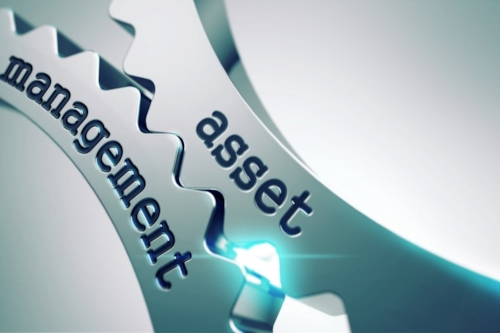
EED certification and audits for sustainable energy performance
Receive a quote tailored to your needs
When is an EED audit mandatory?
Companies are subject to the EED energy audit obligation if they meet one of the following criteria:
- More than 250 employees
- Annual turnover of more than 50 million euros
- Annual balance sheet total of more than 43 million euros
These obligations were further tightened in the new European Energy Efficiency Directive (EED) [2023/95], adopted in September 2023.
Depending on energy consumption, starting in 2026/2027:
- Large consumers (average annual energy consumption > 85 TJ): obligation to have a certified energy management system.
- Medium consumers (average annual energy consumption between 10 TJ and 85 TJ): obligation to carry out an energy audit every four years or maintain a certified energy management system.
This way, energy efficiency is improved and monitored more effectively within each category.
Information obligation
For organizations with an energy consumption of more than 50,000 kWh of electricity or 25,000 m³ of natural gas, the so-called ‘information obligation’ always applies. This means they must report every four years on the energy-saving measures implemented or planned. This is additional Dutch legislation, included from 2024 in the Environment and Planning Act (Omgevingswet, e.g. Bal, art. 5.15 and Bbl art. 3.84a). Note: This also applies to organizations subject to the EED audit obligation. During ISO 50001 and ISO 14001 audits, Kiwa assesses whether organisations comply with applicable laws and regulations and therefore also with the information obligation.
EED audit by Kiwa
An organisation subject to the EED audit obligation in the Netherlands can comply with the law in four ways. All of these options are offered by Kiwa:
- Option 1: Carry out a full EED audit for each site every four years and submit a report to the Netherlands Enterprise Agency (Rijksdienst voor Ondernemend Nederland, RVO). From 2026/2027, this option is only for energy consumption between 10 and 85 TJ (not for > 85 TJ).
- Option 2: Obtain the ISO 50001 certificate for the entire company. This demonstrates compliance and allows for the multisite setup for locations. From 2026/2027, mandatory for > 85 TJ and optional for > 10 TJ. For organizations with branches outside the Netherlands, the ISO 50001 certificate is the best choice, as it is recognized throughout Europe.
- Option 3: Obtain a CO2 Performance Ladder certificate (level 3 or higher). This meets the EED obligation in the Netherlands and may offer advantages in tenders. The Dutch implementation from 2026/2027 is still unclear.
- Option 4: Add a CO2 Reduction Management certificate to ISO 14001. This option is only relevant for organizations with ISO 14001, but it is not recognized internationally.
Organisations with a CO2 Performance Ladder certificate (level 3 or higher) are already compliant for their Dutch branches. They can submit the certificate to the RVO as proof.
Useful links:
Energy Management ISO 50001
ISO 50001 Energy Management system certification with Kiwa: conserve resources, save money and mitigate climate change.

ISO 55001: Certify your asset management
Every organization that invests in assets (both tangible and intangible) wants these resources to yield optimal returns during their life cycle and thus contribute to the best possible operating result. The international standard ISO 55001 helps you to implement asset management properly.

ISO 14001 Environmental Management
ISO 14001 Environmental Management Certification with Kiwa: reduce waste, gain customer trust and be competitive.
